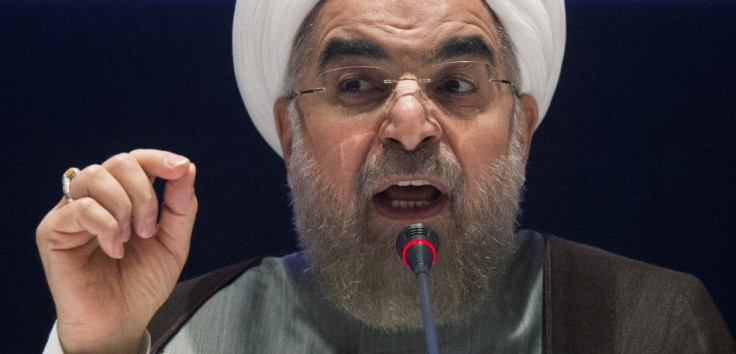Russian Billionaire Mikhail Prokhorov Wants To Invest In Iran

Mikhail Prokhorov has expressed interest in doing business in Iran. The Russian billionaire, who owns Renaissance Capital, has already started looking for opportunities in the Islamic republic.
The investment bank has started informing clients about potential ventures. It is assessing analyst coverage, deals and equity trading for Iran. The Russian company, popularly known as RenCap, operates in emerging markets with high potential.
According to Ben Samuels, the company is trying to “identify potential investment opportunities in the Iranian market” after the sanctions are lifted. “Iran is the largest economy in the world that is currently closed to institutional investors,” Bloomberg quoted the global head of equities and interim head of research.
RenCap, which has a stock value of around $100 billion, is waiting for the June 30 deadline for the nuclear negotiations between Iran and six world powers. It has already started investing in other Asian countries like Pakistan. Prokhorov is expanding the research coverage of the company in the country.
According to Samuels, Pakistan’s equity market in the frontier markets is “the most exciting reform story.” RenCap has shown interest in investing in the Saudi stock market as well. The Saudi stock exchange, one of the biggest stock exchanges in the world, recently opened its doors for foreign investors.
According to global economic experts, Iran’s economy is likely to grow 6-8 percent annually after the sanctions are lifted. Press TV reported that, in the five years through 2013, the Tehran stock market had jumped 300 percent in dollar terms despite the sanctions.
The Tehran Stock Exchange has more than 450 financial entities. Several other entities including petrochemical plants and refineries are waiting to be a part of initial public offering which is a part of a privatisation program.
A foreign delegation of asset managers including the U.S. representatives visited Tehran Stock Exchange in May. It was the second time in many weeks that the delegation visited the Asian country.
There was a group of 17 investment managers from Italy, Turkey, Egypt, Greece, Switzerland, Russia, Britain, the UAE and the United States. The group of delegation held meetings with the chief of Tehran bourse, Hassan Qalibaf-Asl.






